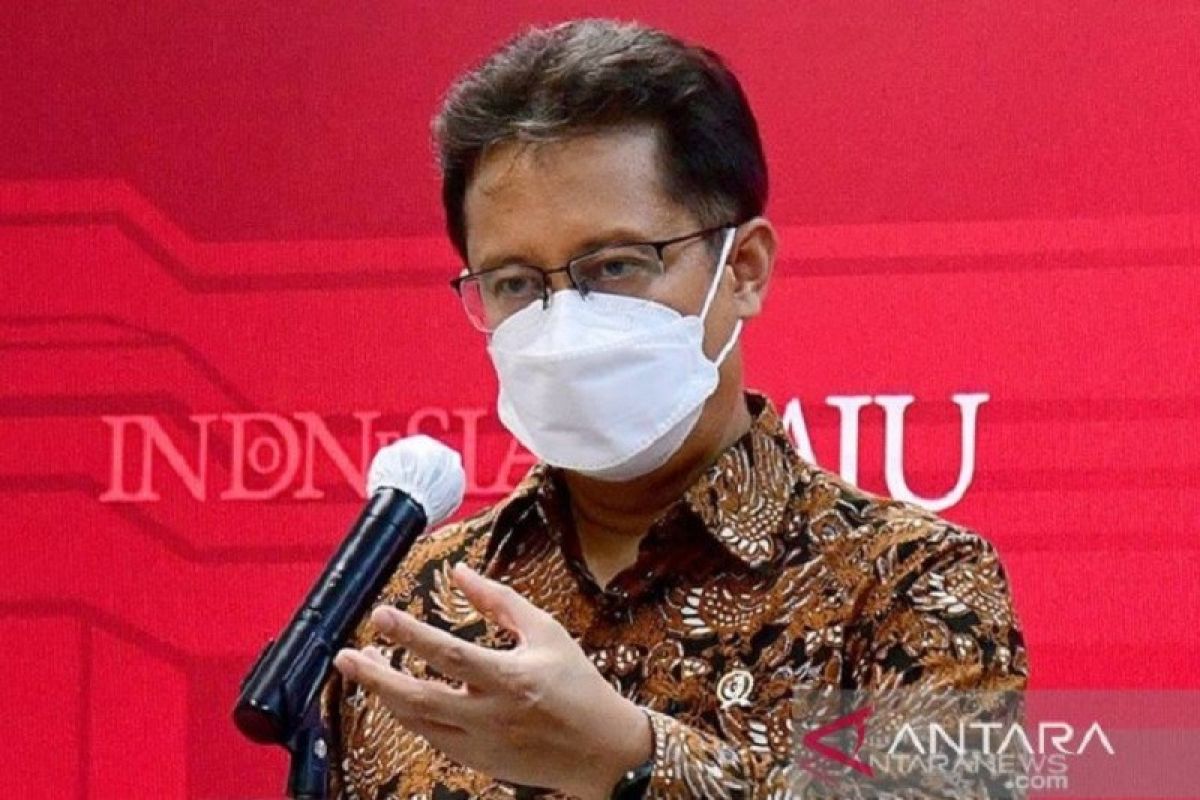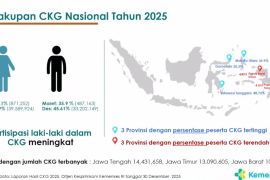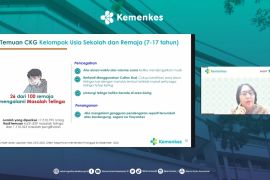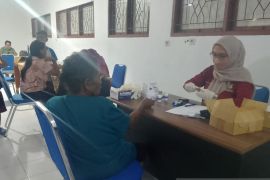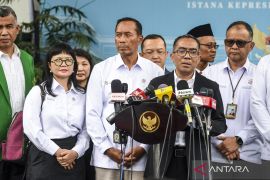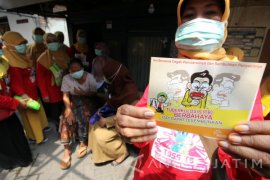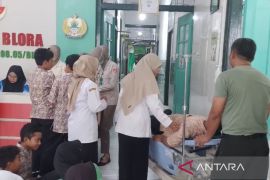"Improvement in rare diseases’ diagnosis requires accurate laboratory tests, particularly at health services facilities," he said during a discussion on “Establish Paradigm of Health with Rare Disorders” here on Tuesday.
Without early detection, diagnosis, and treatment, patients of rare disorders could face issues, he added.
Currently, genetic abnormalities, such as those related to chromosomes, genetic makeup, or others, cause 80 percent of global cases of rare disorders, he noted.
The other 20 percent are caused by non-genetic factors, such as environment and other factors during gestation time.
As many as 7 thousand rare disorders have been identified so far; however, medications are only available for 5 percent of them.
Hence, his ministry is pushing for an improvement in early detection and diagnosis to ensure more orderly treatment that could provide the families of patients some semblance of peace.
The minister also commended efforts conducted by a company offering free chromosomal microarray analysis (CMA), a type of genetic test.
The company has also taken the initiative to commemorate Rare Disease Day on February 28.
"There needs to be collaboration and partnership with many stakeholders, including in making the diagnosis of rare diseases in Indonesia," Sadikin said.
For instance, in the United States, a disease is considered rare if it affects less than 200 thousand of the country's population, or has a patient ratio of 1:1500.
In Europe, for a disorder to be declared rare, its occurrence needs to be lower than 5:10,000.
Meanwhile, in Japan, disorders affecting less than 50 thousand people, or with a patient ratio of 1:2,500, are called rare.
Currently, more than 70 percent of patients affected by rare disorders are toddlers and children.
Some of the known rare disorders include the Pierre-Robin Syndrome, Treacher-Collins Syndrome, DiGeorge Syndrome, Donohue Syndrome, Joubert Syndrome, and Immunogenic Thrombocytopenic Purpura.
Related news: Ministry investigating dozens of poultry deaths in South Kalimantan
Related news: Change of primary health services aimed to face pandemics: Ministry
Translator: Adimas R F P, Mecca Yumna
Editor: Anton Santoso
Copyright © ANTARA 2023
